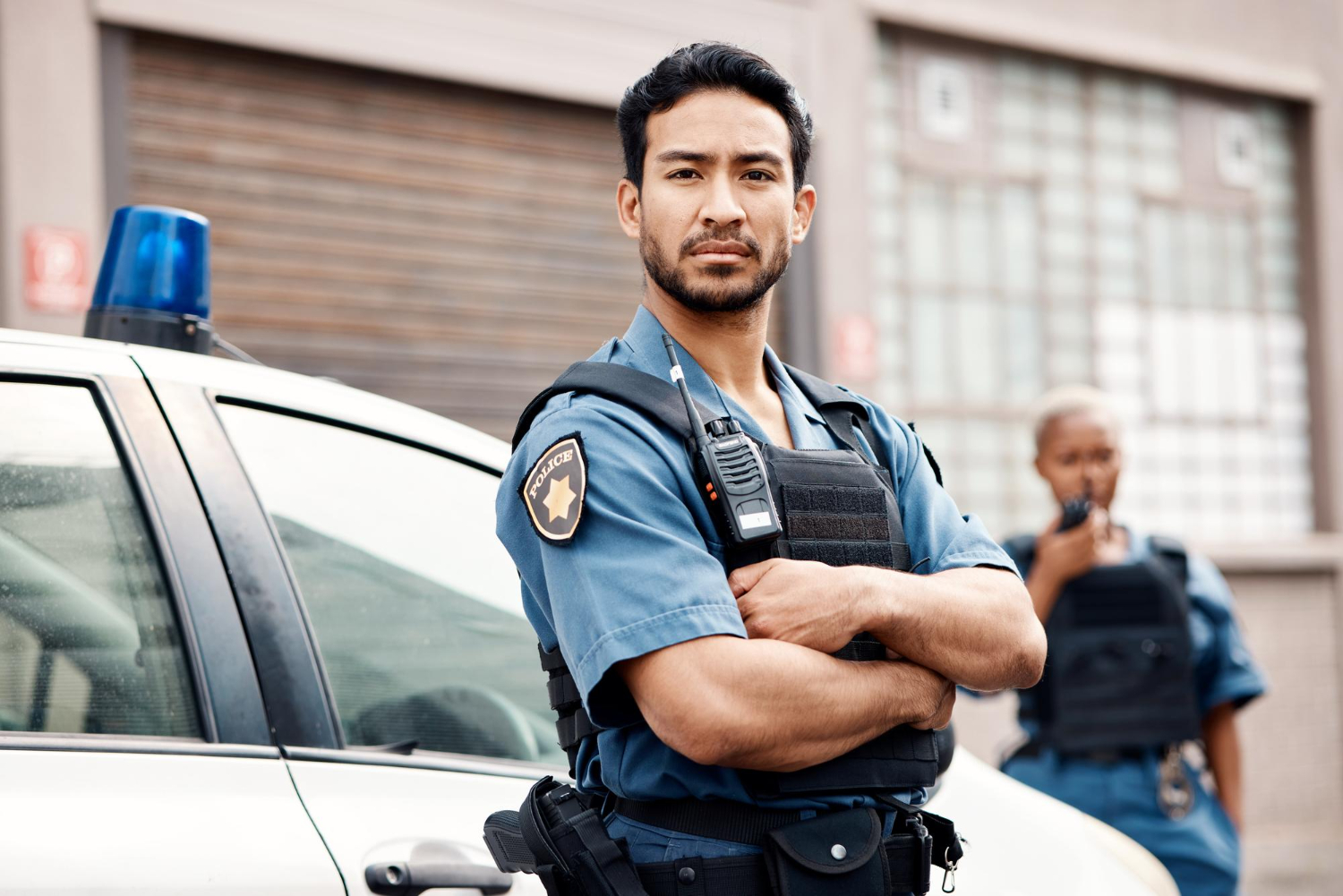Being stopped by the police can be unsettling. Whether it’s a routine traffic stop or an unexpected encounter, these moments can leave you feeling confused, anxious, and even in fear for your safety. Knowing what to do when you’re in such a situation can be invaluable. Understanding your rights and how to interact with law enforcement can bring a sense of control to an otherwise stressful situation.
Many people feel unsure during police stops. They may not know what to say or how to act. This uncertainty can sometimes cause a simple stop to escalate into a more serious encounter. With some practical tips, you can keep these interactions smooth and calm, helping you feel more in control.
Stay Calm and Composed
When you’re approached by the police, staying calm is one of the best things you can do. Here are a few simple ways to stay composed and avoid any misunderstandings:
- Breathe deeply: It may sound basic, but taking slow, deep breaths can settle your nerves and help you think clearly.
- Keep your hands visible: If you’re in a car, place them on the steering wheel. Avoid digging into your pockets or reaching under seats.
- Be polite and speak clearly: Using respectful language such as, “Yes, officer” or “I understand” can help defuse tension and show you’re cooperating.
- Listen carefully: Wait until the officer finishes speaking before you respond. This helps avoid confusion.
Avoid sudden movements: If you need to reach for something, let the officer know what you’re doing first.
These steps may feel small, but they can be consequential in helping to prevent a stressful situation from getting worse.
Know Your Rights
Knowing your rights can give you confidence during a police stop. Here are a few important ones to remember:
- You have the right to remain silent: Beyond giving your name and identification, you are not required to answer questions. If you choose not to talk, you can say, “I am exercising my right to remain silent.”
- You have the right to not consent to a search: Police officers need a valid reason or a warrant to search your car. If they ask for your permission, that likely means they don’t have either. In this case, you can say, “I do not consent to a search.” Refusing a search is not a crime, and it cannot be used against you.
- You have the right to ask if you’re free to go: A simple question like, “Am I being detained, or am I free to leave?” can be used.
Being calm and firm as you assert your rights can set the tone for a safe interaction.
What to Do During a Search Request
If you’re ever in a situation where police ask to search your car, it’s important to know what to do:
1. Stay calm and confident. Say clearly, “I do not consent to a search.” Keep your tone respectful.
2. Know the law. Without a warrant, probable cause, or your consent, the officer legally cannot search your vehicle.
3. Understand what refusal means. Politely declining a search doesn’t give them grounds to go ahead with one. Your refusal cannot be used as a reason to get a warrant or take further action.
Being able to say no without raising your voice or showing signs of conflict helps protect your rights and often keeps the situation from escalating.
Documenting the Encounter
Recording a police interaction can protect you and serve as an accurate account of what happened. Here’s how to record police encounters the right way:
- Tell the officer you’re recording. This helps maintain openness and shows you’re not trying to hide anything.
- Hold your phone steadily and avoid sudden movements. Your goal is to record while keeping the situation calm.
- If you’re not filming, write down details. Try to note the officer’s name, badge number, the time of the stop, and where it happened.
This kind of documentation can be helpful if anything about the stop needs to be reviewed at a later date.
Staying Protected with Professional Help
Even when you do everything right, there may be times when your rights are still challenged or violated. When that happens, it’s important not to go through it alone.
Seeking guidance from an attorney can make all the difference if you feel something wasn’t handled correctly during a police stop. Legal professionals can help you understand what happened, what options you may have, and how to move forward. Getting support is an important next step if you’ve experienced something that needs to be addressed.
At McKenzie Scott, standing up for people when their rights have been violated is what we do. We work hard to give our clients the backing they need in difficult moments, whether it’s after a police stop or a broader legal issue. Having someone on your side who knows what to expect and how to respond can help you move forward with confidence.
When your rights are at risk, having the right support matters. If you’re dealing with police misconduct or need guidance after an encounter, consider speaking with a San Diego Police Misconduct Lawyer. McKenzie Scott is here to make sure you’re heard and backed by legal experience you can count on.

